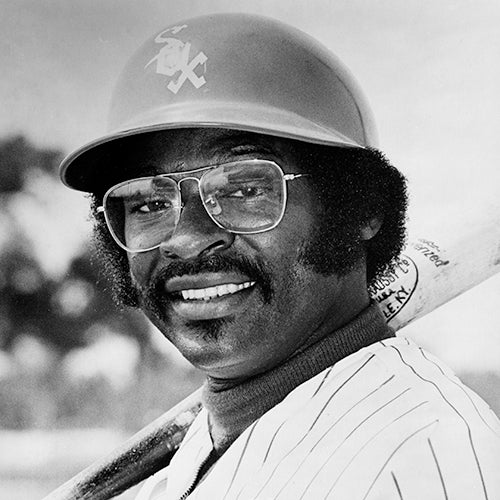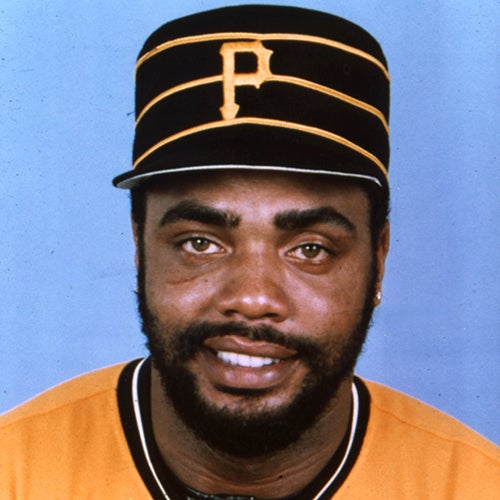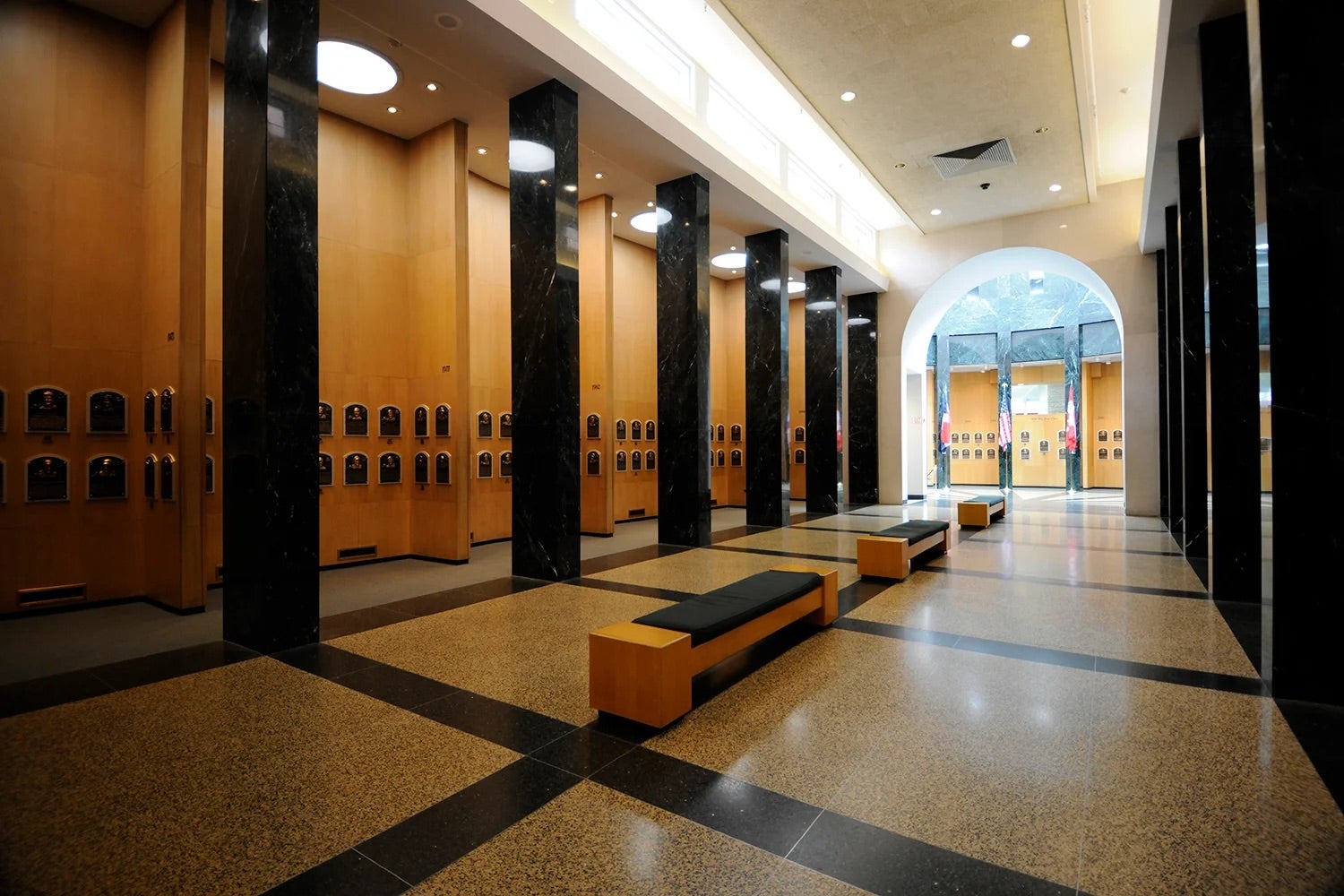
CLASSIC BASEBALL ERA BALLOT
Dick Allen and Dave Parker earned election to the National Baseball Hall of Fame on Dec. 8, 2024, via the Classic Baseball Era Committee process.
The eight-person ballot was comprised of candidates whose primary contribution to the game came prior to 1980.
DICK ALLEN
Dick Allen played 15 seasons from 1963-77 for five teams, spending nine seasons with the Phillies, compiling 351 home runs, 1,119 RBI and a .292 career average. He was named the 1972 AL Most Valuable Player and the 1964 NL Rookie of the Year, with seven career All-Star selections.
KEN BOYER
Ken Boyer played 15 seasons as a third baseman with the Cardinals, Mets, White Sox and Dodgers, earning 11 All-Star Game selections and winning the 1964 National League Most Valuable Player Award en route to leading the Cardinals to a World Series championship.
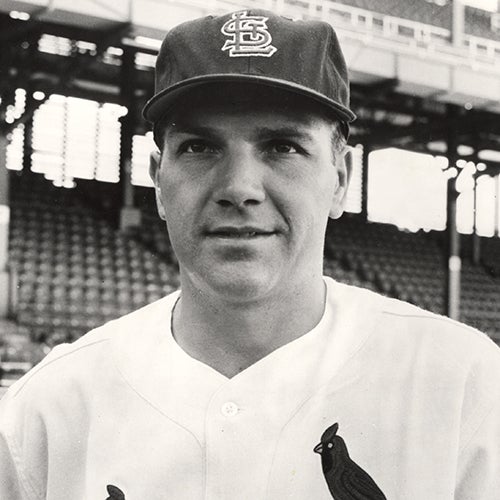
JOHN DONALDSON
John Donaldson pitched in the Negro Leagues and pre-Negro Leagues for more than 30 years, earning a reputation as one of the best pitchers in the game. Also playing the outfield and managing, Donaldson helped establish the barnstorming business model that was profitable for Black teams for decades.
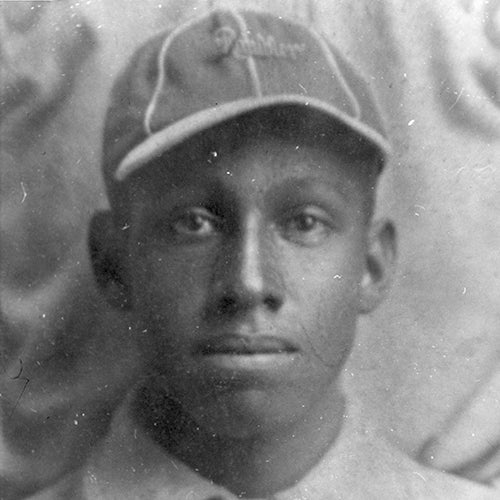
STEVE GARVEY
Steve Garvey compiled a .294 career average over 19 major league seasons with the Dodgers and Padres, amassing 2,599 hits, 272 home runs, 1,308 RBI and 10 All-Star Game selections. He hit .338 with 11 home runs and 31 RBI in 11 postseason series, was named the 1978 and 1984 NLCS MVP and won the 1981 Roberto Clemente Award. The 1974 NL Most Valuable Player, Garvey won four Gold Glove Awards and played in an NL record 1,207 straight games at first base.
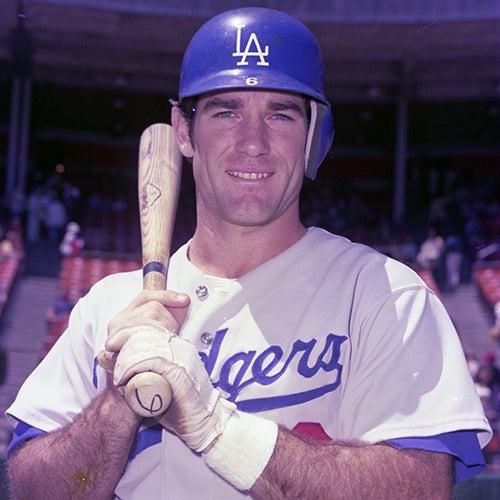
VIC HARRIS
Vic Harris played 18 seasons in the Negro Leagues, primarily as a left fielder for the legendary Homestead Grays. He compiled a .303 career batting average and was known as one of the most aggressive base runners in the Negro National League. Harris also managed the Grays for 11 seasons, winning seven Negro National League pennants and the 1948 World Series.
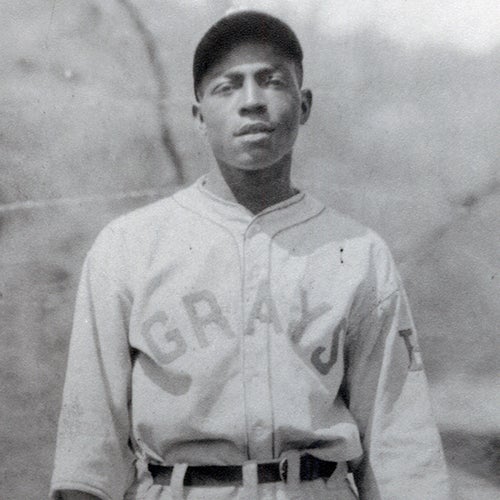
TOMMY JOHN
Tommy John pitched 26 seasons for the Indians, White Sox, Dodgers, Yankees, Angels and A’s, finishing his career after the 1989 season with a record of 288-231 and 3.34 ERA. His 700 career starts rank eighth on the all-time list and his 4,710.1 innings rank 20th all-time. A four-time All-Star Game selection – three of which came following his groundbreaking elbow surgery in 1974 – John won the 1976 Hutch Award and 1981 Lou Gehrig Memorial Award.
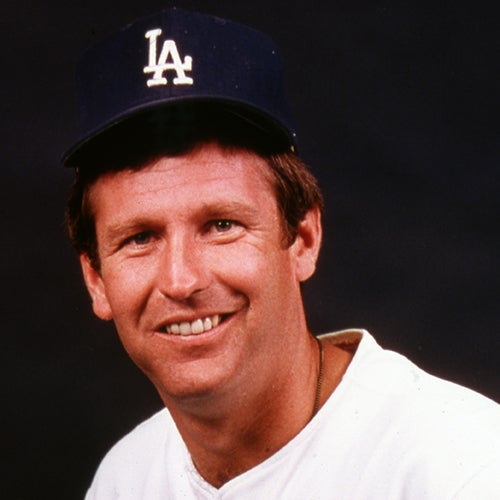
DAVE PARKER
Dave Parker compiled a .290 career average over 19 major league seasons with six teams, including 11 years in Pittsburgh and four years in Cincinnati, and amassed 339 home runs, 1,493 RBI and two batting titles (1977-78). The 1978 NL Most Valuable Player was named to seven All-Star games and won three Gold Glove Awards in right field.
LUIS TIANT
Luis Tiant won at least 20 games in four of his 19 big league seasons with the Indians, Twins, Red Sox, Yankees, Pirates and Angels, finishing his career with 229 wins and a 3.30 ERA while earning three All-Star Game selections. He won two American League ERA titles, including a 1.60 ERA in 1968, and led the league in shutouts three times.
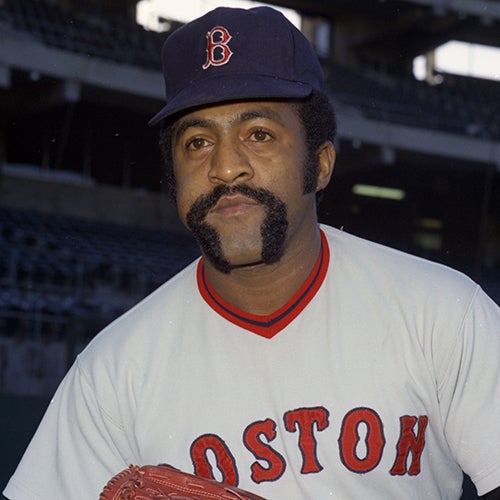
FREQUENTLY ASKED QUESTIONS
How are the Classic Baseball Era finalists selected?
The eight Classic Baseball Era finalists are selected by the BBWAA-appointed Historical Overview Committee from all eligible candidates whose most significant career impact was realized prior to 1980.
Who is eligible for the Classic Baseball Era ballot?
Eligible candidates include players with 10 or more major league seasons; managers and umpires with 10 or more major league seasons and retired for at least five years (candidates who are 65 years or older are eligible six months following retirement); and executives retired for at least five years (active executives 70 years or older are eligible for consideration regardless of the position they hold in an organization and regardless of whether their body of work has been completed).
All candidates must not be on Baseball’s Ineligible List.
How many votes are needed to earn election?
Any candidate who receives votes on 75 percent of the ballots cast by the committee will earn election to the National Baseball Hall of Fame.
Who determined the 2025 Classic Baseball Era ballot?
The Classic Baseball Era ballot was determined in fall 2024 by the Historical Overview Committee, comprised of 10 veteran historians: Adrian Burgos (University of Illinois), Bob Elliott (Canadian Baseball Network); Jim Henneman (formerly Baltimore Sun); Steve Hirdt (longtime statistician and historian); David O’Brien (The Athletic); Jack O’Connell (BBWAA); Jim Reeves (formerly Fort Worth Star-Telegram); Glenn Schwarz (formerly San Francisco Chronicle); Susan Slusser (San Francisco Chronicle); and Mark Whicker (Southern California News Group).
Who were the voters on the 2025 Classic Baseball Era Committee?
The 16-member Hall of Fame Board-appointed electorate charged with the review of the Classic Baseball Era Ballot was comprised of Hall of Fame members Paul Molitor, Eddie Murray, Tony Pérez, Lee Smith, Ozzie Smith and Joe Torre; major league executives Sandy Alderson, Terry McGuirk, Dayton Moore, Arte Moreno and Brian Sabean; and veteran media members/historians Bob Elliott, Leslie Heaphy, Steve Hirdt, Dick Kaegel and Larry Lester. Hall of Fame Chairman of the Board Jane Forbes Clark served as the non-voting chairman of the Classic Baseball Era Committee.
When does the Classic Baseball Era Committee meet next?
The Classic Baseball Era Committee Ballot will be considered in the winter of 2027 for the Class of 2028. Committees are annually scheduled to convene at the Winter Meetings. Both the ballot and electorate are created anew with each cycle for consideration.
ABOUT THE ERAS COMMITTEES
The Era Committees consist of three different electorates: The Classic Baseball Era, consisting of the period prior to 1980 and including Negro Leagues and pre-Negro Leagues stars; and the Contemporary Baseball Era, consisting of the period from 1980 to present day. The Contemporary Baseball Era is split into two separate ballots – one ballot to consider only players who made their greatest impact on the game since 1980, and another composite ballot consisting of managers, executives and umpires whose greatest contributions to the game have come since 1980.
Eras considered for yearly induction over the upcoming years are as follows:
2026 – Contemporary Baseball Player
2027 – Contemporary Baseball Managers/Executives/Umpires
2028 – Classic Baseball
2029 – Contemporary Baseball Player
2030 – Contemporary Baseball Managers/Executives/Umpires
2031 – Classic Baseball
Both the ballot and electorate are created anew with each cycle for consideration.
ERA COMMITTEES ELECTION RULES
The Era Committee has been a part of the Hall of Fame voting process since the first class of electees in 1936, with the first Era Committee electees coming in 1937.
BBWAA ELECTION RULES
Since 1936, the Baseball Writers' Association of America has held the exclusive voting privilege to consider recently retired players for the National Baseball Hall of Fame.
FUTURE ELIGIBLES
Provided that they remain retired, the following are partial lists of former Major League ballplayers who will become eligible for consideration by the BBWAA for election into the Hall of Fame in upcoming years.
ERA COMMITTEES ELECTION RULES
The Era Committee has been a part of the Hall of Fame voting process since the first class of electees in 1936, with the first Era Committee electees coming in 1937.
BBWAA ELECTION RULES
Since 1936, the Baseball Writers' Association of America has held the exclusive voting privilege to consider recently retired players for the National Baseball Hall of Fame.
FUTURE ELIGIBLES
Provided that they remain retired, the following are partial lists of former Major League ballplayers who will become eligible for consideration by the BBWAA for election into the Hall of Fame in upcoming years.

